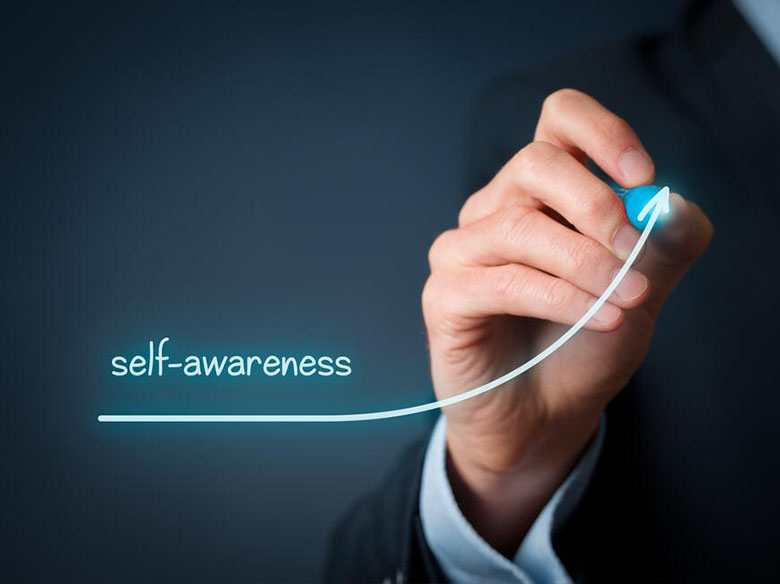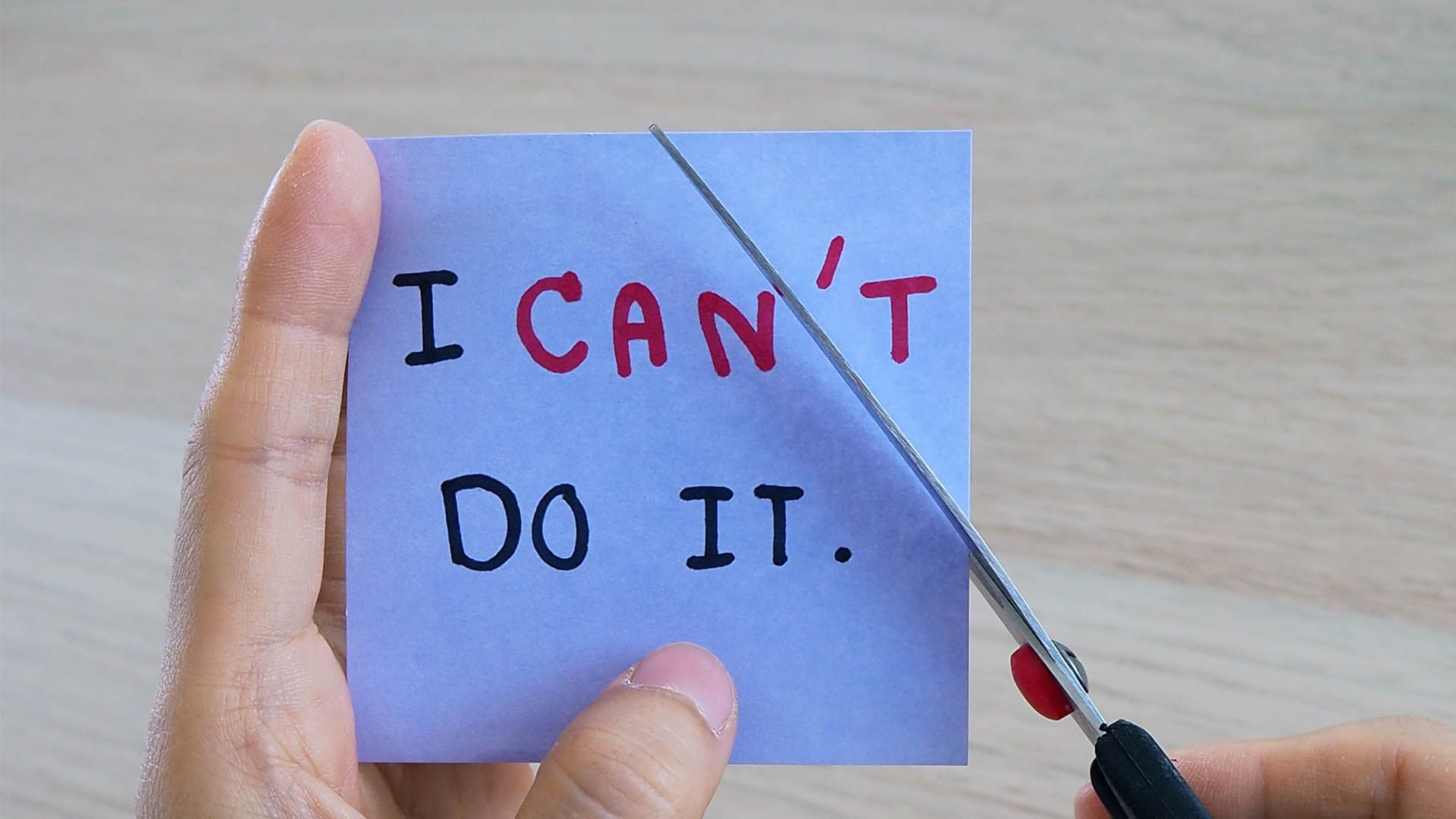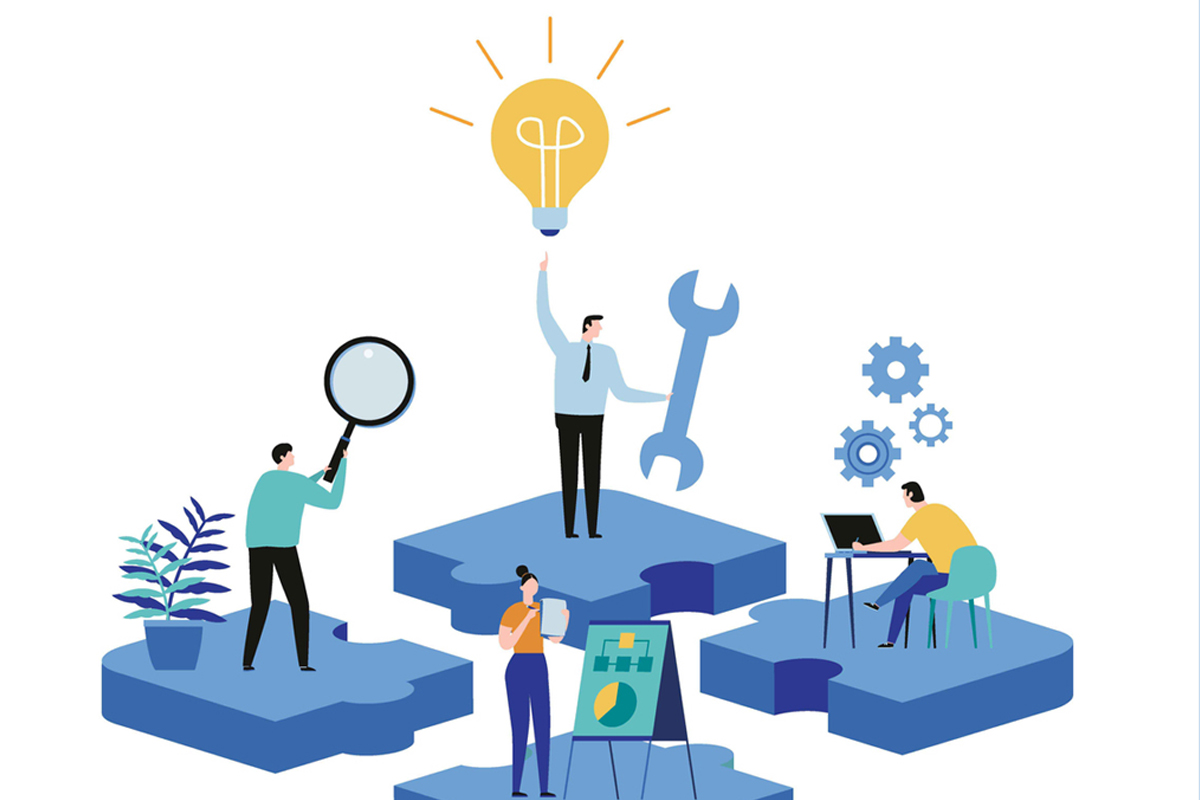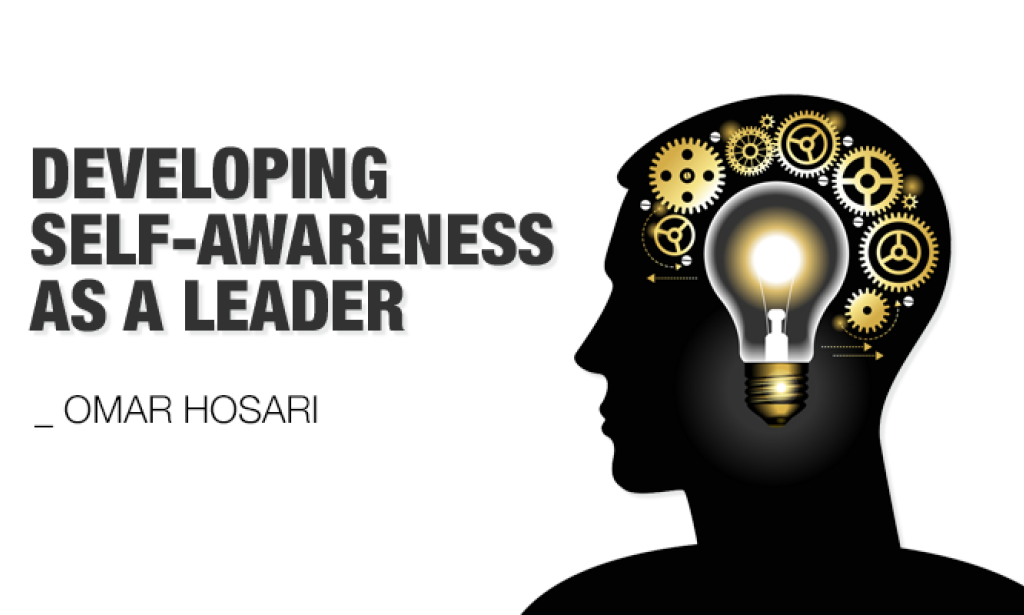INTRODUCTION:
Self-reflection is a powerful tool for personal development, helping us understand our strengths, weaknesses, and values. Through self-reflection, we gain insights into our behaviors, choices, and the growth needed to become better versions of ourselves. Here’s a structured guide with ten main aspects to help you reflect on and enhance your personal development journey.
1. Understanding Self-Awareness
Explanation: Self-awareness is about knowing who you are, what you want, and understanding your emotions and reactions. It’s the foundation of personal growth, as it allows us to make intentional choices aligned with our values.
Keywords: self-knowledge, values, emotional understanding.
2. Setting Clear Goals
Explanation: Clear goals provide direction and purpose. Reflect on what you want to achieve in life, both short-term and long-term. Break down your goals into achievable steps to make steady progress.
Keywords: purpose, short-term goals, long-term vision.
3. Recognizing Strengths and Weaknesses
Explanation: Identifying your strengths helps you build confidence, while acknowledging weaknesses highlights areas for improvement. Reflecting on both helps balance self-confidence with self-improvement.
Keywords: personal strengths, growth areas, self-confidence.
4. Learning from Past Experiences
Explanation: Our past experiences, both good and bad, shape who we are. Reflect on past challenges and successes, and identify lessons that can guide your future actions and choices.
Keywords: lessons learned, resilience, growth mindset.
5. Embracing Change and Adaptability
Explanation: Change is constant, and adaptability is essential for personal growth. Reflect on how you respond to change and aim to cultivate a flexible mindset that can handle new situations.
Keywords: flexibility, resilience, growth in change.
6. Developing Emotional Intelligence
Explanation: Emotional intelligence involves recognizing, understanding, and managing your own emotions, as well as empathizing with others. Reflect on how you respond emotionally and work to improve your empathy and self-control.
Keywords: empathy, emotional regulation, social awareness.
7. Cultivating Positive Habits
Explanation: Our habits shape our lives. Reflect on your daily routines and identify habits that support your goals versus those that hold you back. Replace unproductive habits with ones that promote growth.
Keywords: daily routines, positive change, self-discipline.
8. Building Resilience
Explanation: Resilience is the ability to bounce back from setbacks. Reflect on how you handle adversity and look for ways to build mental and emotional strength to face challenges effectively.
Keywords: perseverance, mental strength, handling adversity.
9. Seeking Continuous Learning
Explanation: Learning never stops. Reflect on how you can gain new skills, knowledge, or perspectives. Embrace learning as a lifelong process that enriches both your personal and professional life.
Keywords: skill development, curiosity, lifelong learning.
10. Practicing Gratitude and Positivity
Explanation: Gratitude and positivity are essential for mental well-being. Reflect on what you’re grateful for and focus on positive experiences and achievements to cultivate a more optimistic mindset.
Keywords: gratitude, positive thinking, mental well-being.
CONCLUSION:
Self-reflection takes time and commitment, but it’s a worthwhile practice for those who aim for consistent personal growth. Each of these ten aspects can guide you on a fulfilling journey of self-discovery, leading to a happier, more purposeful life. Through goal setting, resilience, and continuous learning, we cultivate habits that not only enhance our lives but also positively impact those around us.



You must be logged in to post a comment.